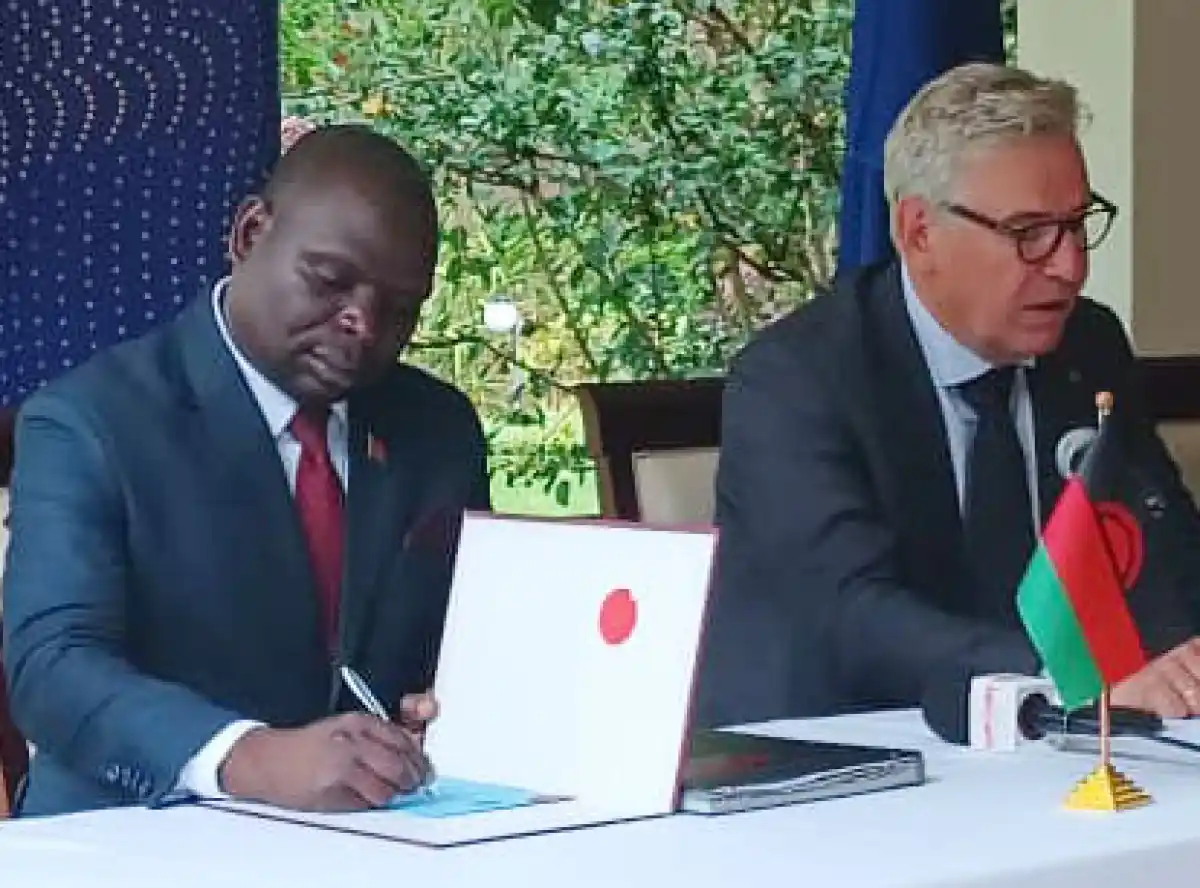
The European Union (EU) Wednesday resumed budget support to Malawi after about 12 years of holding it back.
This followed the signing of a €55 million (about K107 billion) programme Wednesday.
The EU suspended budget support to Malawi in 2012 over Cashgate, the plunder of public resources at Capital Hill, the seat of the Malawi Government.
With a total value of 55 million Euros, of which 50 million Euros is allocated as direct budget support over a 30-month period, the new EU budget support programme aims to enhance efficiency, effectiveness and quality in the delivery of secondary education services.
It seeks to achieve that by combining support for sector-specific processes with the strengthening of the overarching public financial management framework.
EU Ambassador to Malawi Rune Skinnebach described the resumption of budget support as a sign of confidence in the current administration.
He said the first disbursement of 20 million Euros was envisaged before the end of the year.
“Today’s agreement is a powerful symbol of renewed collaboration and commitment to our shared goals of stability, progress and inclusive development in Malawi, delivering on EU’s Global Gateway initiative.
“This support is not a blank check. It comes with strict expectations and a commitment to accountability,” Skinnebach said.
The new programme aligns with the Government of Malawi’s priorities, as espoused in the Malawi 2063 vision, as well as the EU’s Global Gateway Investment Strategy, which aims to support strong, inclusive, green and digital transformation in the country while enhancing living standards and promoting long-term inclusive growth.
According to Skinnebach, the resumption of budget support comes with clear expectations and a mutual understanding of accountability.
He observed that progress would be closely monitored, ensuring that resources were utilised effectively and transparently, and that the resources delivered tangible results for the people of Malawi.
Skinnebach noted that accelerating agreed reforms and staying on-track with the International Monetary Fund’s Extended Credit Facility programme were not only conditions but fundamental necessities for ensuring further disbursements, restoring macro-economic stability and achieving collective goals.
On his part, Finance Minister Simplex Chithyola Banda hailed the EU for resuming budget support after a hiatus.
According to Chithyola Banda, the resumption of budget support signified that the EU and its member states had rekindled their confidence in Malawi’s institutions and systems, particularly in terms of fiscal management.
“It has been a long process to reach this point, accompanied by independent assessments, including on the efficiency of our public finance management systems.
“This budget support programme will support the provision of quality education and strengthen adherence to the revised Public Finance Management Act, which Parliament passed in 2022 as part of the government’s reform agenda,” he said.
Chithyola Banda added that the support provided by the EU, alongside other development partners such as the World Bank and African Development Bank—which already have their budget support programmes in place— would ease the pressure on the government budget, allowing it to focus on other priority areas of government spending.
He was quick to note that the government was aware that budget support came with strict expectations.
The minister then said the ministries of Finance and Education would work tirelessly to accelerate progress on their reform agenda targets.
He said they would also ensure that they achieved the target indicators outlined in the programme to qualify for the disbursements of subsequent tranches.
“I urge other development partners to emulate the actions of the EU and others in resuming budget support to this country, considering the significant progress the government has made in its reform agenda.
“We, as government, will strive to utilise resources prudently to meet the needs of Malawians, especially the youth, in accessing quality secondary education services as part of our efforts of developing human capital,” Chithyola Banda said.


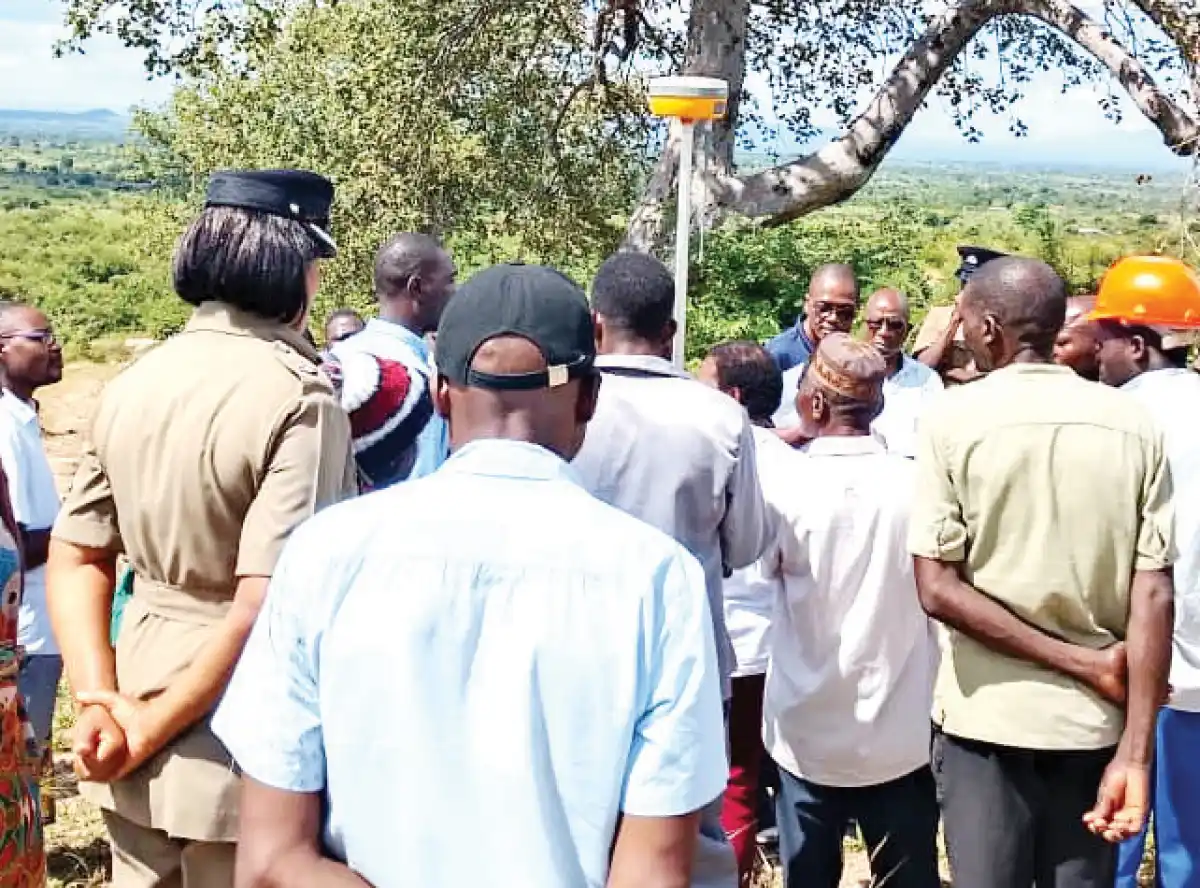
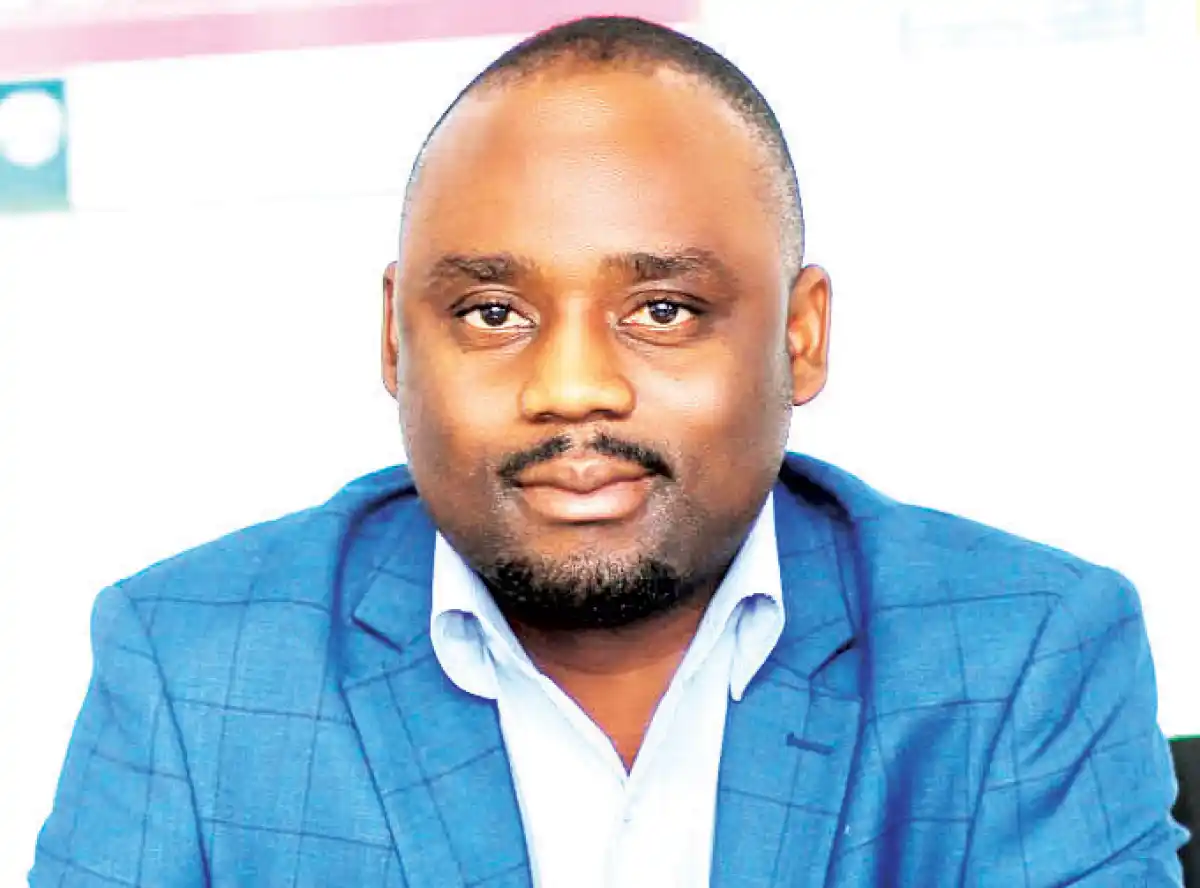
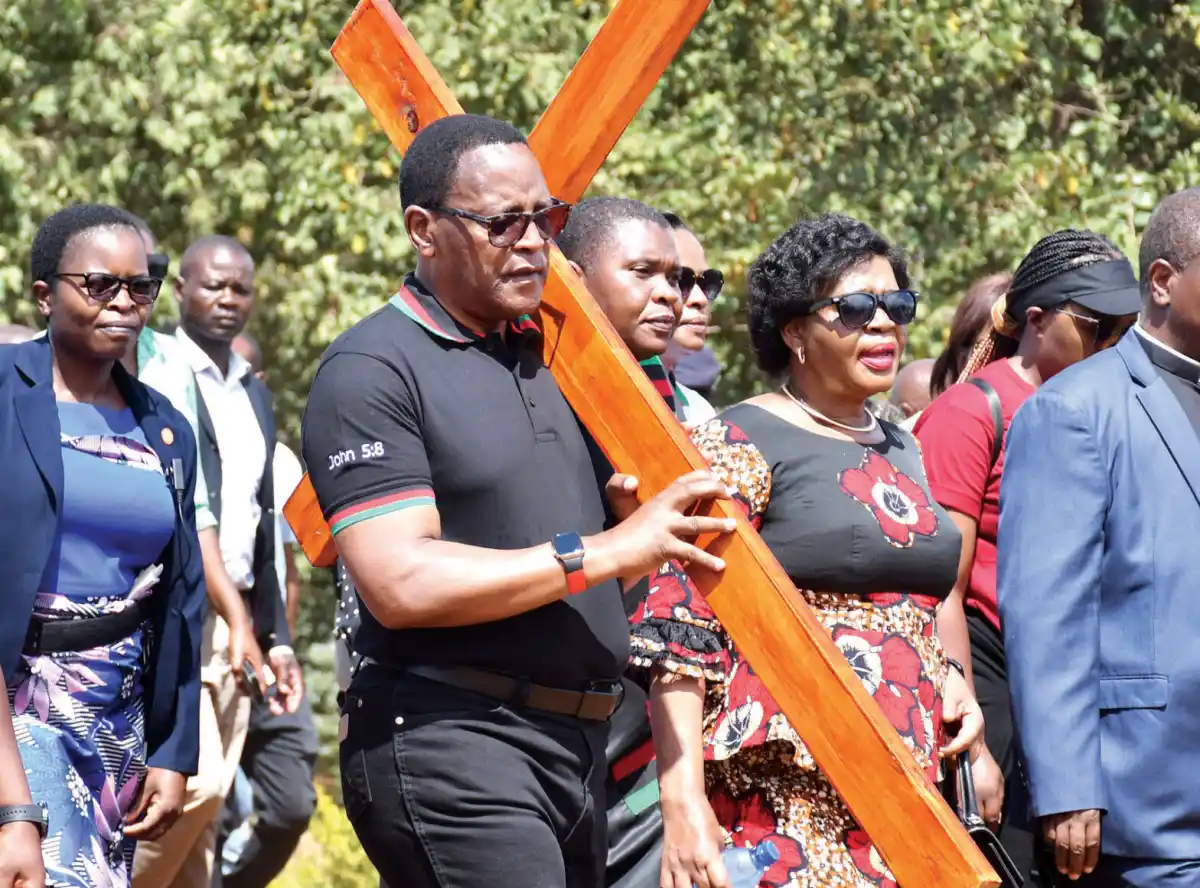

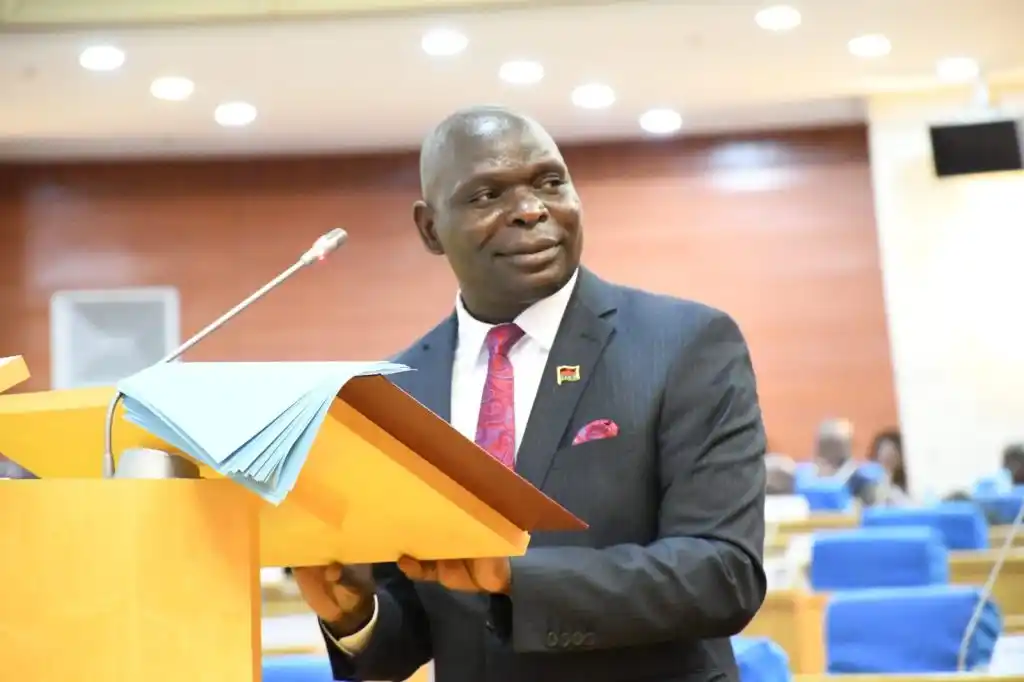
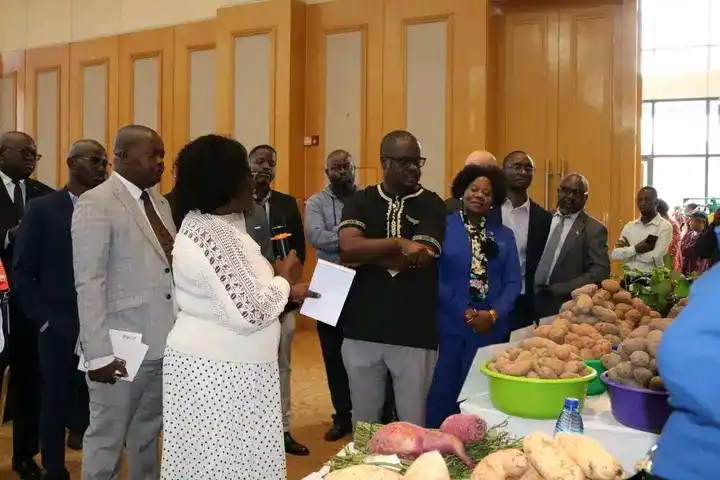
0 Comments